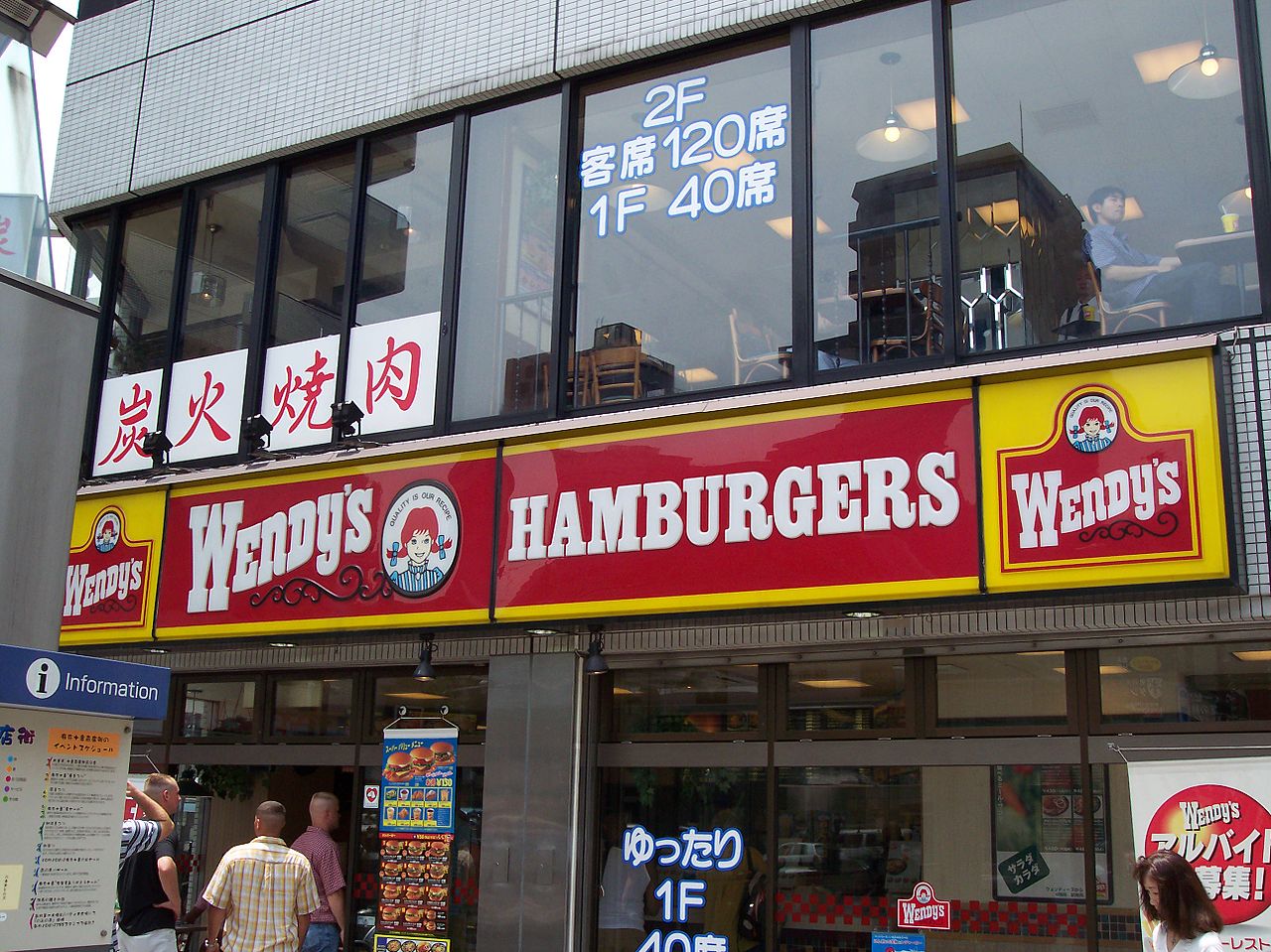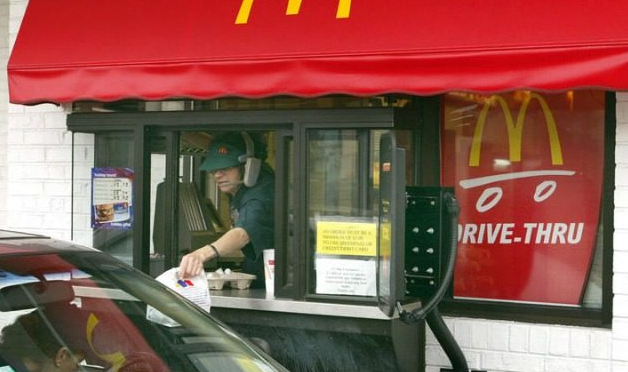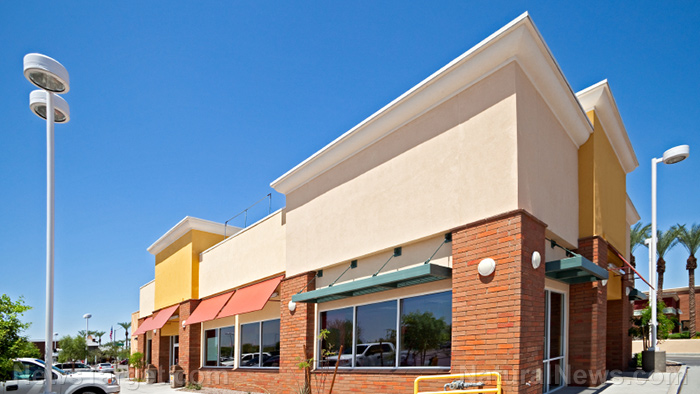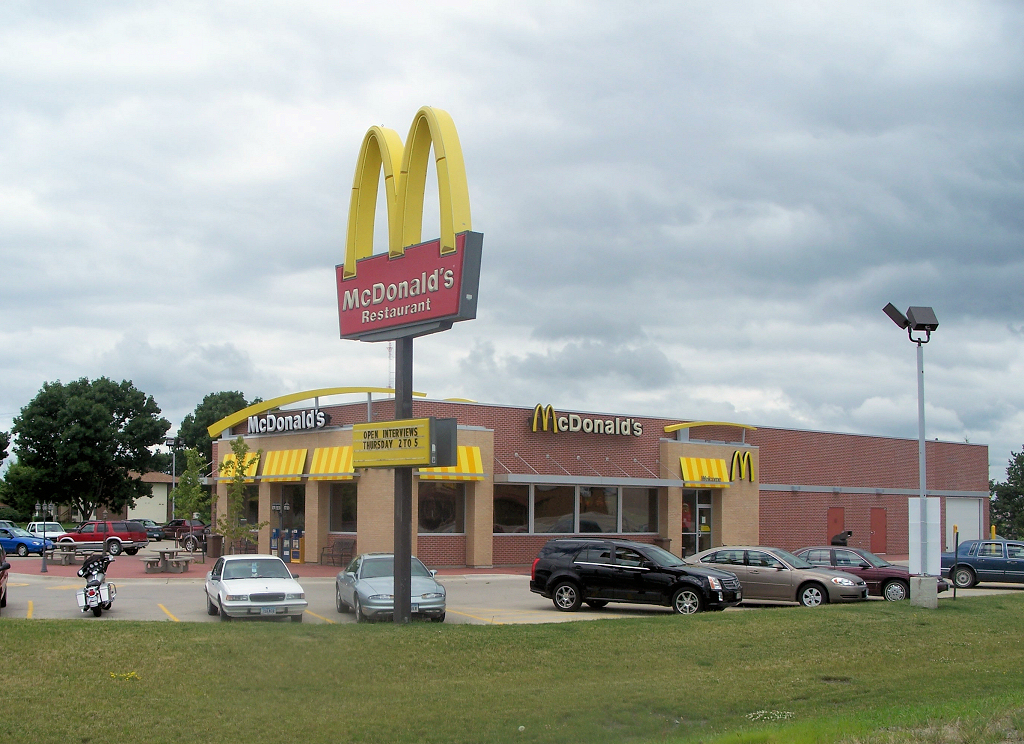The Democrats’ anti-business policies create the food deserts they decry
04/28/2024 / By News Editors

After the Rodney King riots in LA in the early 1990s, news organizations told us endlessly that citizens were angry about the food deserts in minority communities. I remember thinking there might be another reason why there were no stores in the neighborhoods besides the implied racism. Maybe the burned husks of buildings might have something to do with it…
(Article by Vince Coyner republished from AmericanThinker.com)
At the time, I was living in Washington, DC, and understood all too well what I was seeing. DC had endured extraordinary riots in 1968, and wide swaths of it still resembled a war zone. Riots have a way of destroying more than just the buildings that go up in flames. They rip the hearts out of a community, something that often takes years or decades to repair.
Riots, however, are just one way a community can be destroyed. Another, far more insidious, is common crime. With riots, everyone can point to the damage and clamor for rebuilding, but with common crime, once the window is replaced or the body chalk is washed away, the neighborhood looks exactly the same as it did before.
But of course, it’s not the same. From citizens being scared to walk down the street to kids having to dodge junkies as they walk to school to upstanding members of the community not visiting certain neighborhoods—and not spending money there—the fear of violence has devastating consequences on any community.
Food deserts are one of those consequences. Retailers typically are not charities. They exist to make money. When violence, security costs, and shoplifting make it so they can’t make money, they usually close. Hence, when all the food stores close, you have said “food deserts.”
The funny thing, however, is that the people who create the conditions that lead to food deserts never take responsibility for them. Democrats have unleashed an unprecedented amount of street violence and crime on Americans, from coast to coast.
A decade ago, California made shoplifting under $950 a misdemeanor, so shoplifting is de facto legal. That basically means that you can steal $949 worth of merchandise every single day and likely never go to jail. So, if you steal that $949 worth of goods every day and sell them for 25 cents on the dollar, you can generate an income of $86,000 a year tax-free! Not bad.
Both Illinois and New York enacted bail reform that makes it far more likely that offenders will end up back on the streets. Since then, we’ve seen exactly that, whether it be for shoplifting or assaulting cops or citizens.
Why all this matters is because the chickens are coming home to roost. Across the country, from San Francisco to Seattle to New York to Boston, stores are closing because of crime.
Some, in an effort to reduce shoplifting and remain open, put literally every single item behind lock and key. (Surprise, it didn’t work.) But rather than recognize that stores are closing because they can’t make a profit due to the extraordinary amounts of crime, Democrats are blaming… you guessed it: Racism. Thus, communist, racist, Democrat (pardon the redundancy) Massachusetts Representative Ayanna Pressley has assailed the fact that CVS is closing another store in a minority community, not because of shoplifting or security or losing money, but because of “racial and economic discrimination.”
But of course, she’s not alone in her unhinged take on stores closing. In the hellhole that has become San Francisco, city supervisors have proposed a bill that would allow citizens to sue retailers if they close without giving the city six months’ notice. That means, basically, that after struggling to make a profit, when a store finally decides to bite the bullet and close its doors, the Democrats running the city will have decreed that the store must remain open for another six months, regardless of how much money it loses.
Read more at: AmericanThinker.com
Submit a correction >>
Tagged Under:
current events, democrats, food, food deserts, food science, food supply, government, groceries, grocery stores, lies, politics, propaganda, starvation, Xpost
This article may contain statements that reflect the opinion of the author
RECENT NEWS & ARTICLES
COPYRIGHT © 2017 FAST FOOD NEWS




















